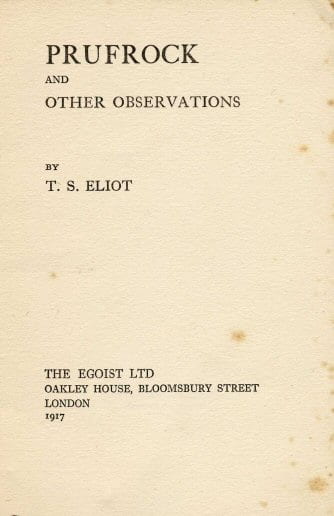Higinbotham English 256 Spring 2020 Feb
English 256 revised, revised schedule (April 8, 2020)

If you cannot make the courthouse visit, watch this documentary in lieu of class and write a one-page reflection
“Literary theory” or “literary criticism” can be understood as the way that one’s interpretation of a text occurs within a framework of intellectual assumptions.
“Theory,” from the Greek “theoria”: indicates a view or perspective of the Greek stage. Note that means that each literary theory gives a partial view of the text. Many literary critics defend their approach as the most significant or the most revelatory, but in fact a variety of insightful, careful critical approaches does justice to a work of literary art.
FEMINISM: challenges male assumptions and analyzes literature from the perspective of women, whose perspectives and even human rights have been traditionally suppressed
CRITICAL RACE THEORY: examines literature in light of categorizations of race, law, and power
ECO-CRITICISM: explores the treatment and descriptions of the natural world within literature
FORMALISM: ignores the context, culture, authorship, and other “outside” factors and focuses on the language, modes, and “forms” of the text.
MARXISM/CULTURAL MATERIALISM: what are the roles of class conflict, wealth, and power in the text?
POSTCOLONIALISM: the role of exploitation within texts
PSYCHOANALYTICAL: the role of the characters’ and readers’ conscious and unconscious responses
QUEER THEORY: criticizes the roles of gender identity in the text
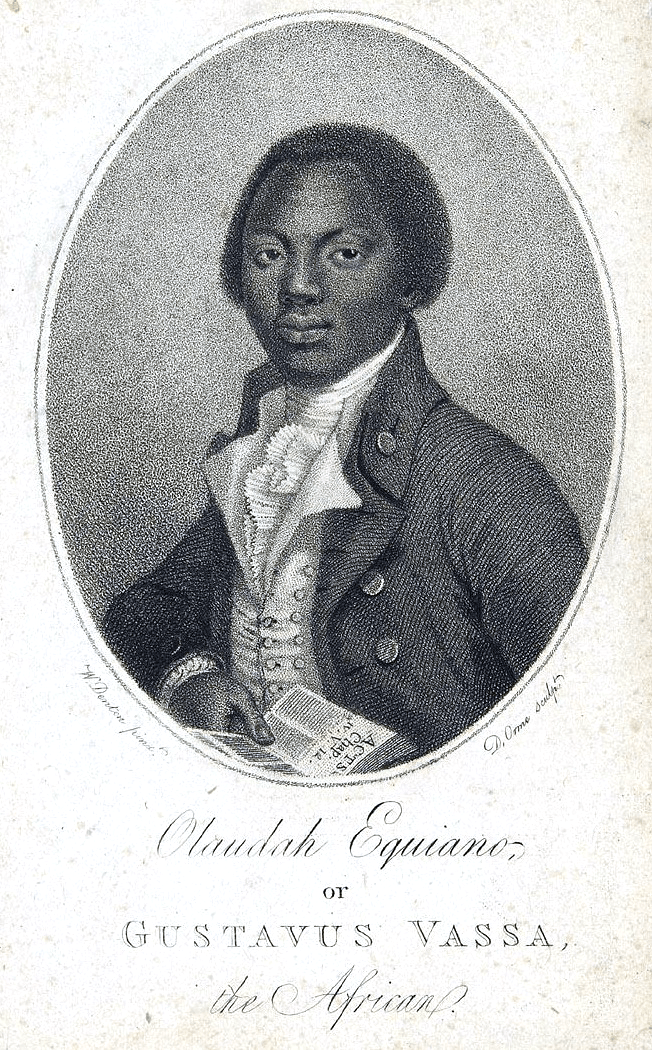
An Interesting Narrative (chapters 1-3)
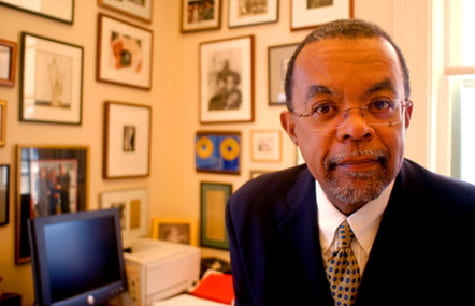
Signifying Monkey, chapter 3: “The Talking Book”
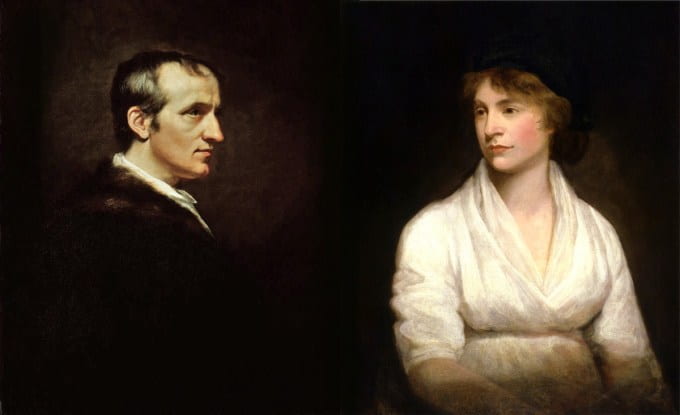
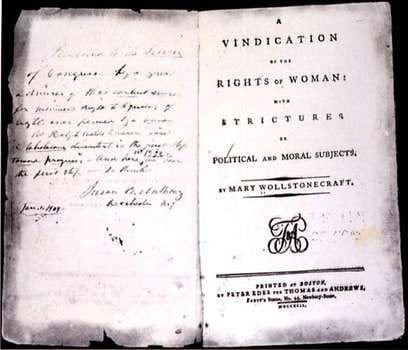

John Cleese, “Albatross,” 1970 (Monty Python)

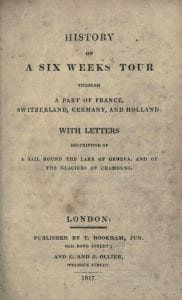
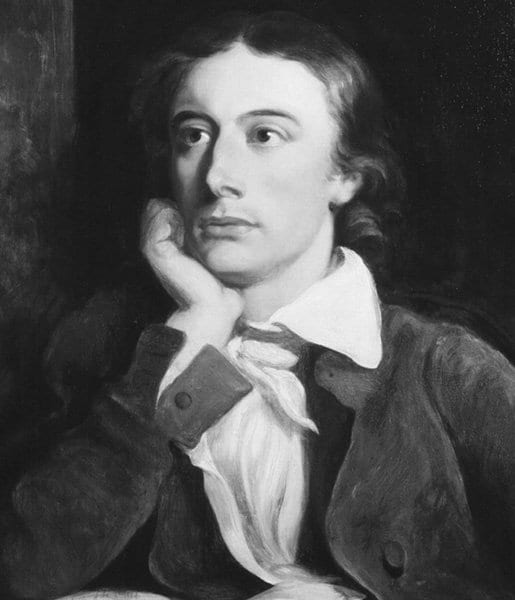 John Keats
John Keats
December, 1817 letter:
“Brown and Dilke walked with me and back from the Christmas pantomime. I had not a dispute but a disquisition, with Dilke on various subjects; several things dove-tailed in my mind, and at once it struck me what quality went to form a Man of Achievement, especially in Literature, and which Shakespeare possessed so enormously — I mean Negative Capability, that is, when a man is capable of being in uncertainties, mysteries, doubts, without any irritable reaching after fact and reason — Coleridge, for instance, would let go by a fine isolated verisimilitude caught from the Penetralium of mystery, from being incapable of remaining content with half-knowledge. This pursued through volumes would perhaps take us no further than this, that with a great poet the sense of Beauty overcomes every other consideration, or rather obliterates all consideration.
Keats and Insomnia
Keats and metaphors of depression


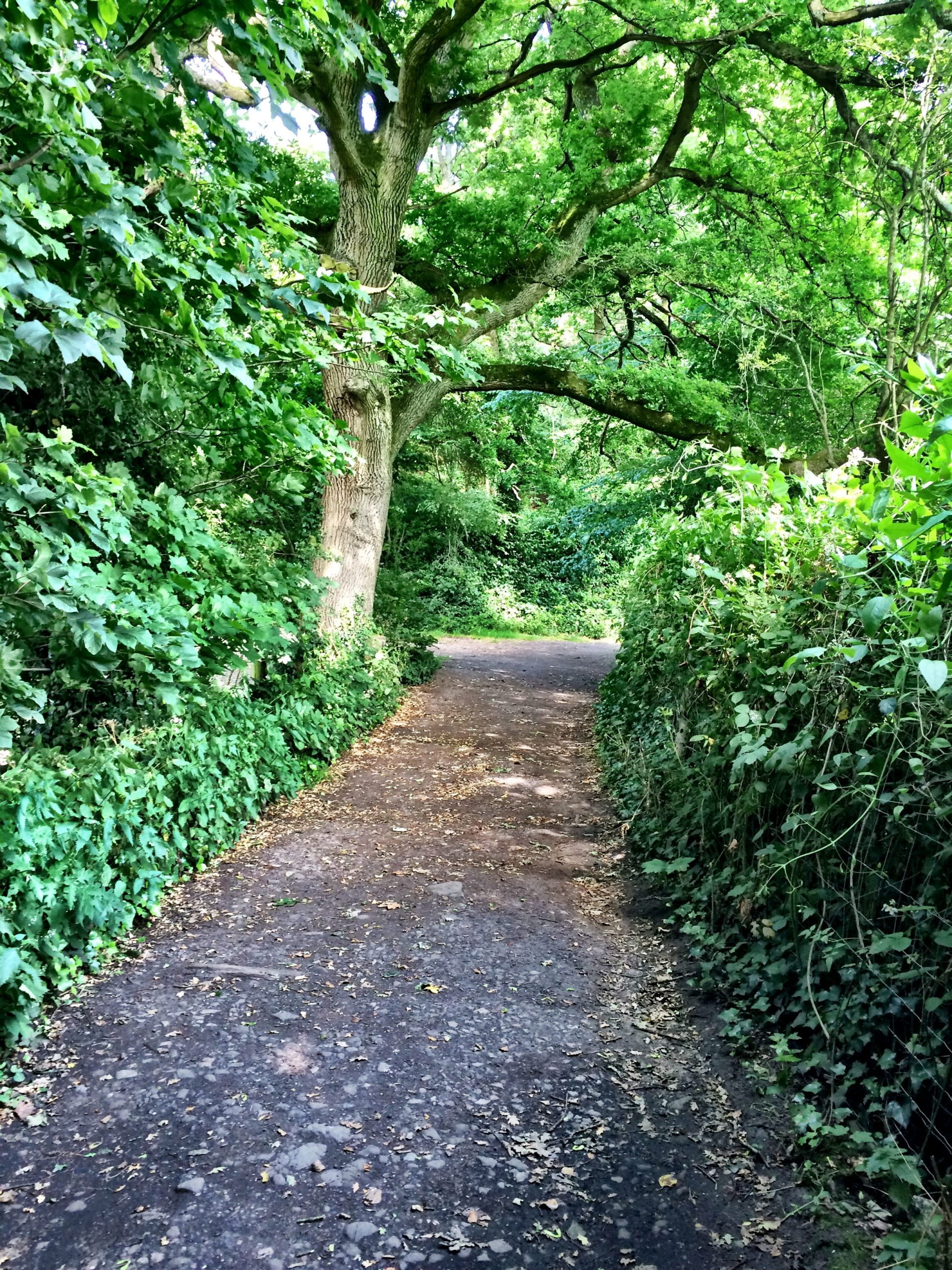
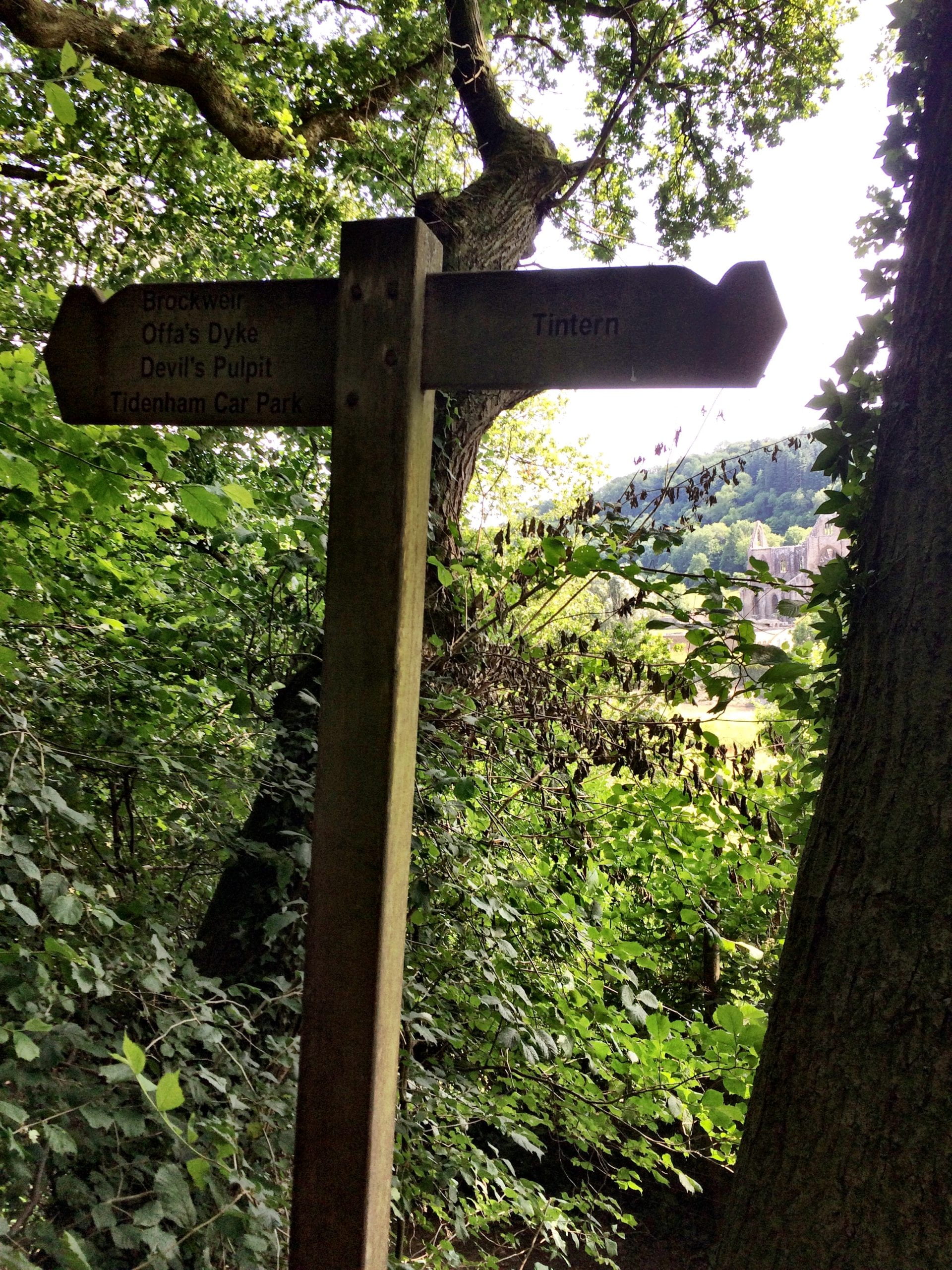


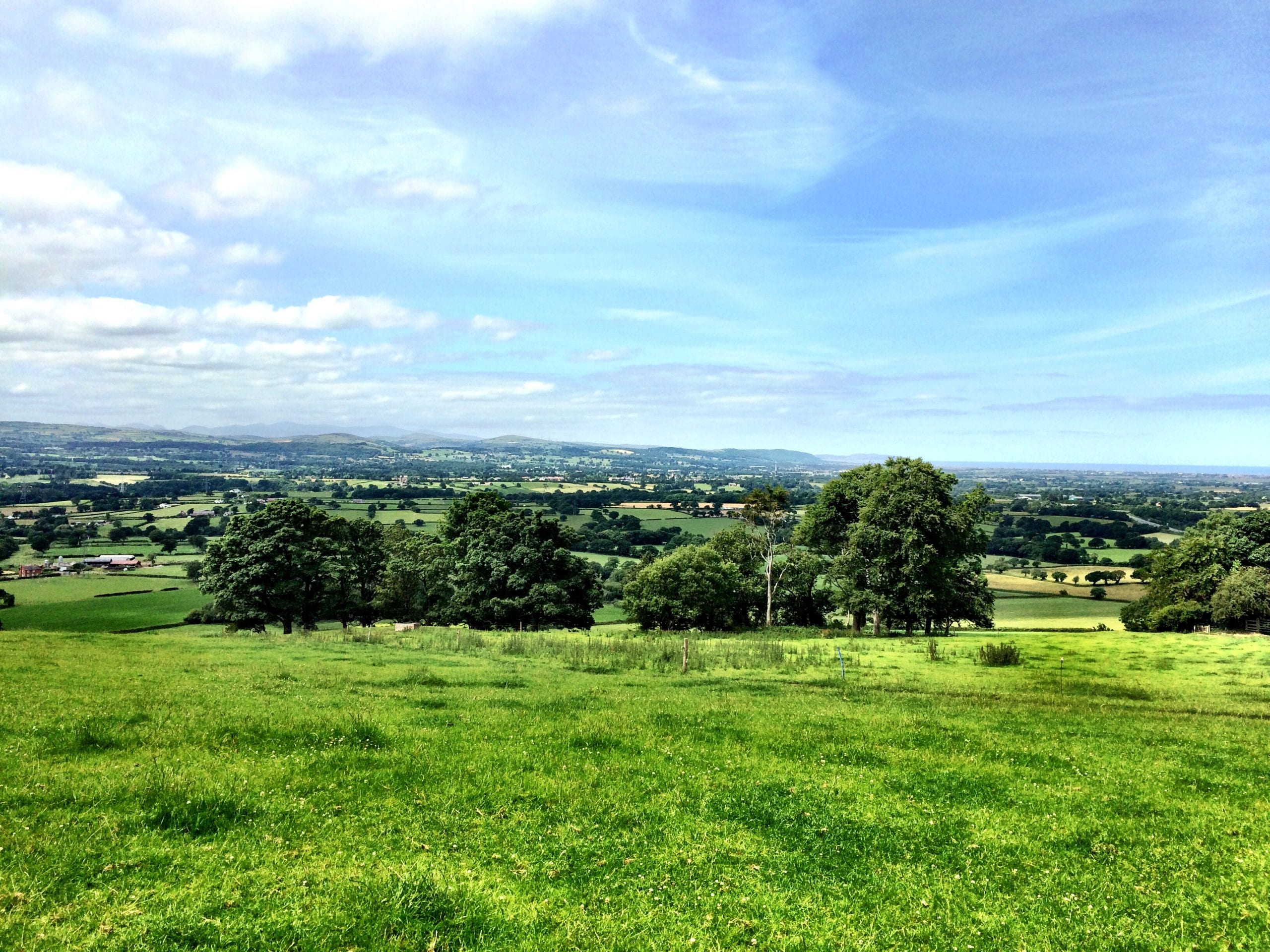

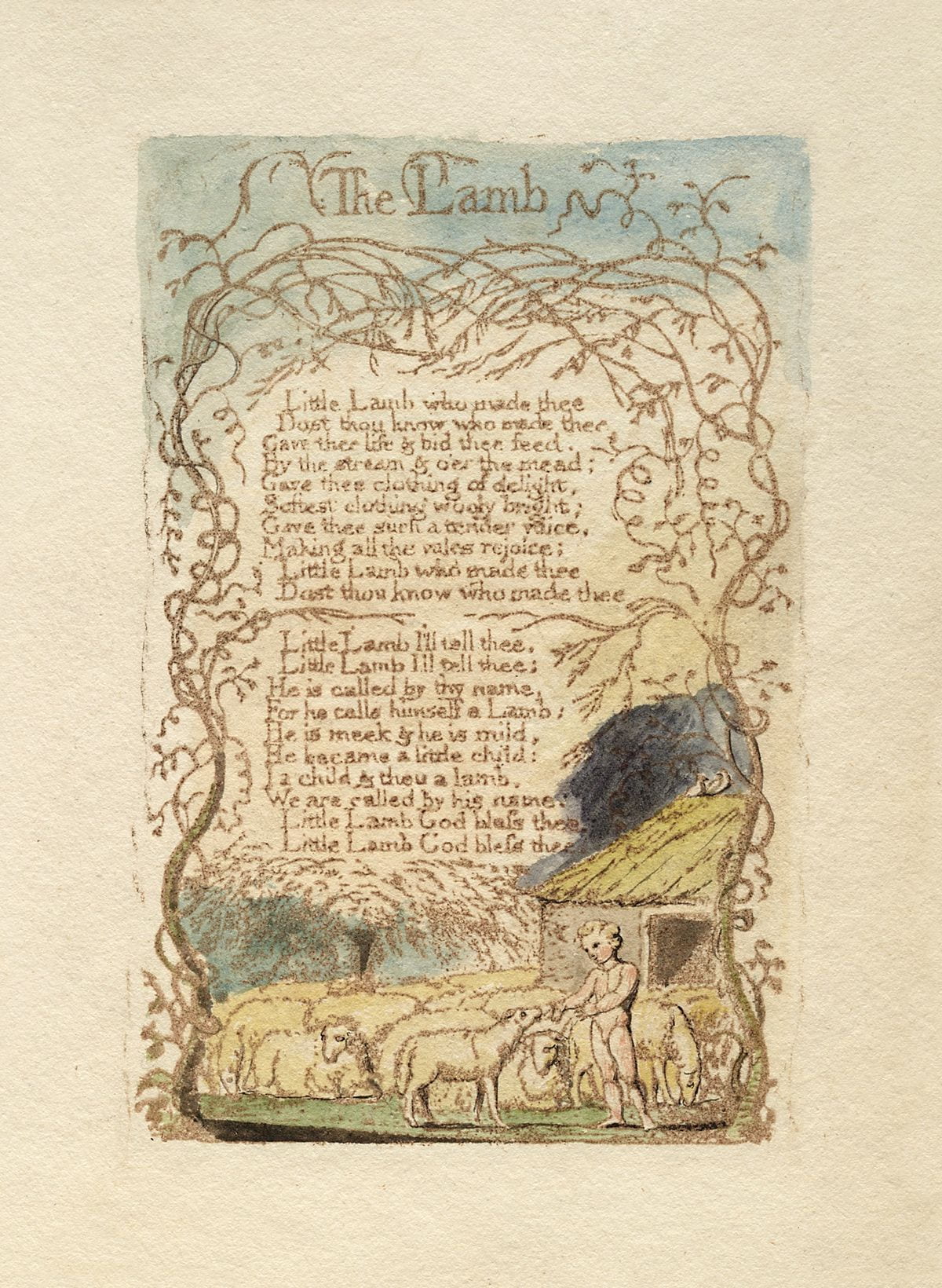
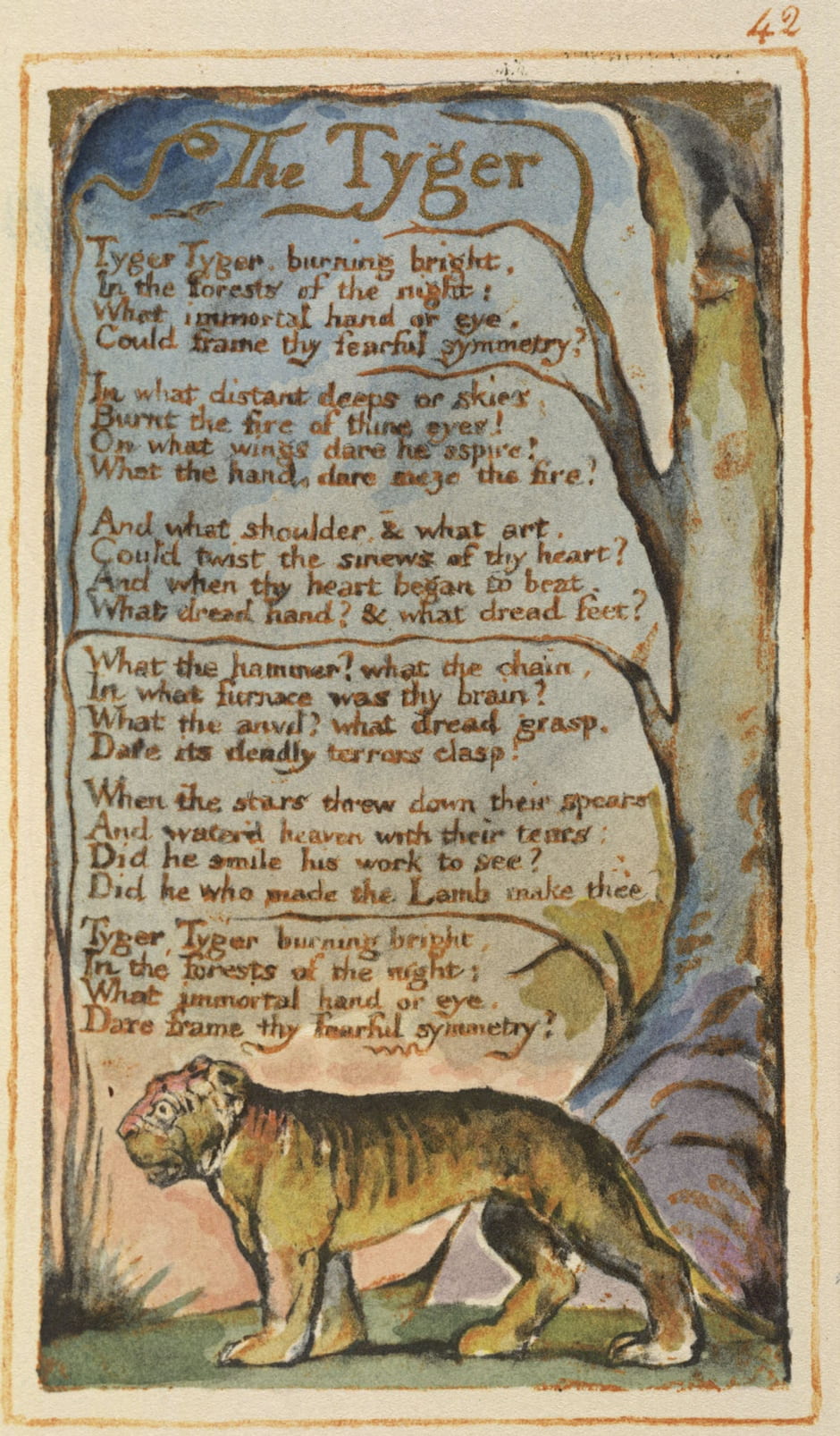
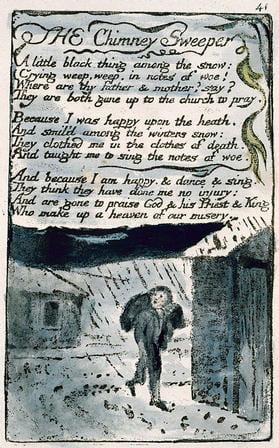
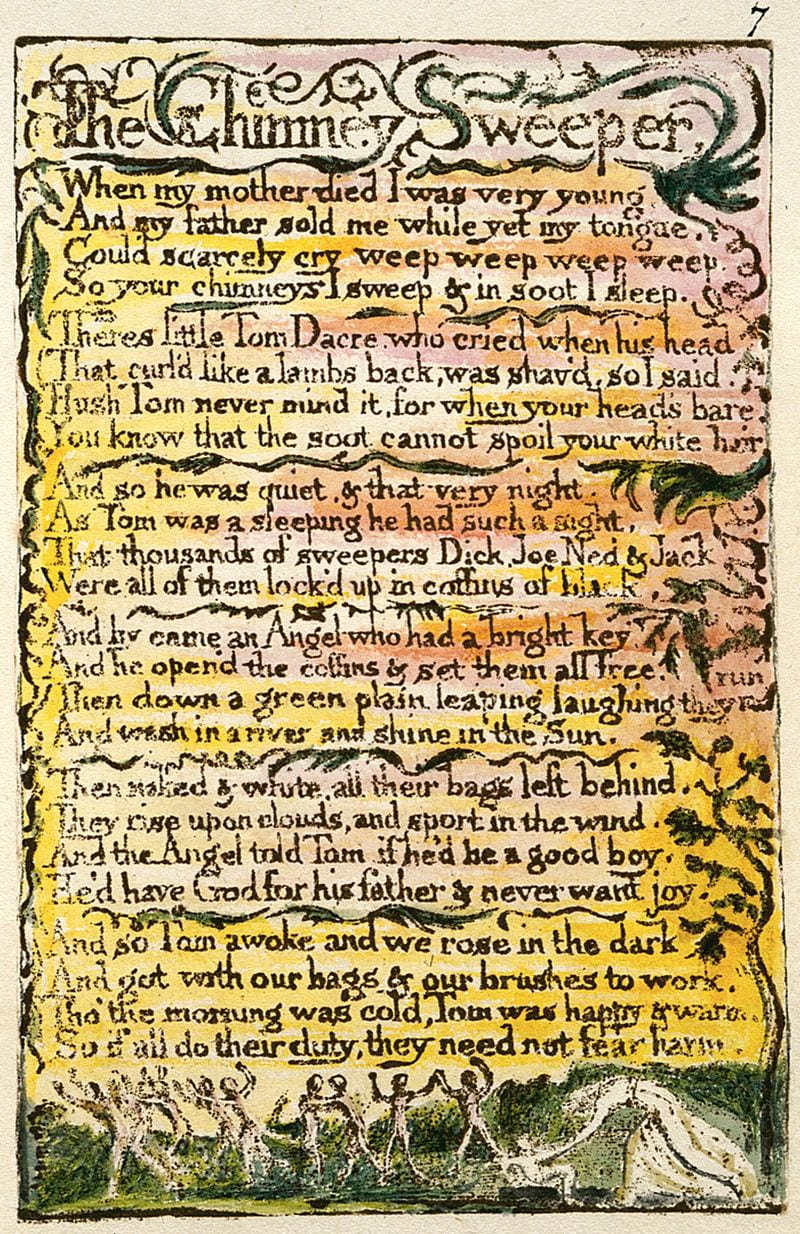
The Chimney Sweeper: When my mother died I was very young
Keats: Negative Capability
I had not a dispute but a disquisition with Dilke, on various subjects; several things dovetailed in my mind, & at once it struck me, what quality went to form a Man of Achievement especially in Literature & which Shakespeare possessed so enormously—I mean Negative Capability, that is when man is capable of being in uncertainties, Mysteries, doubts, without any irritable reaching after fact & reason—Coleridge, for instance, would let go by a fine isolated verisimilitude caught from the Penetralium of mystery, from being incapable of remaining content with half knowledge. This pursued through Volumes would perhaps take us no further than this, that with a great poet the sense of Beauty overcomes every other consideration, or rather obliterates all consideration.
